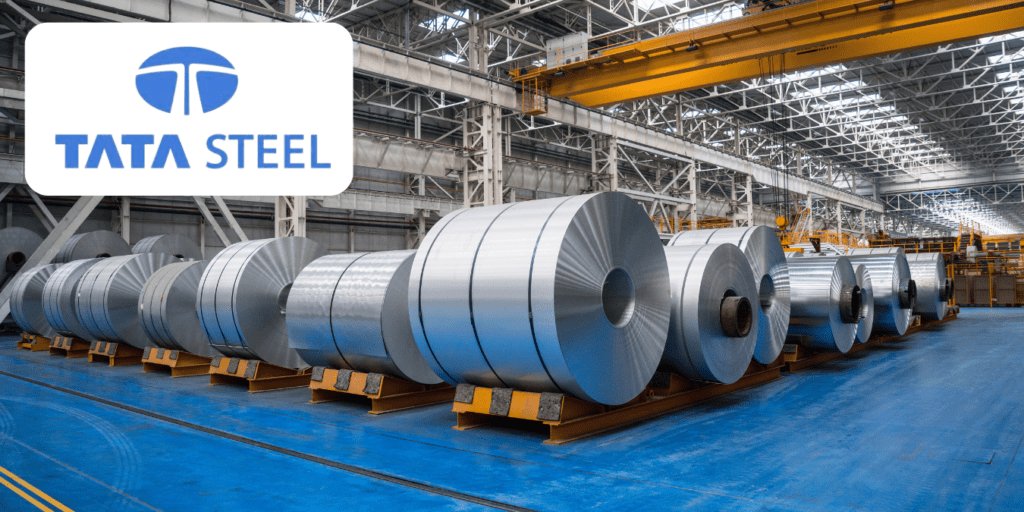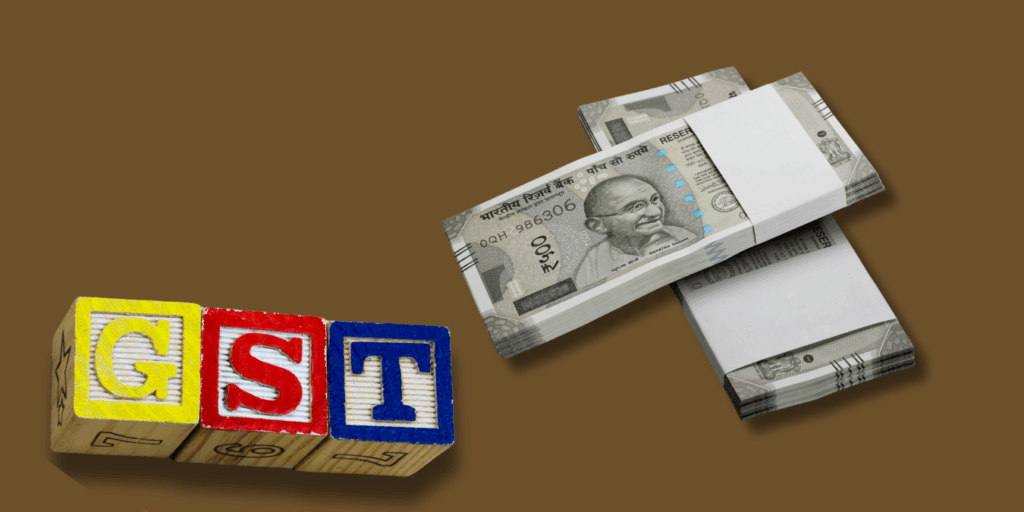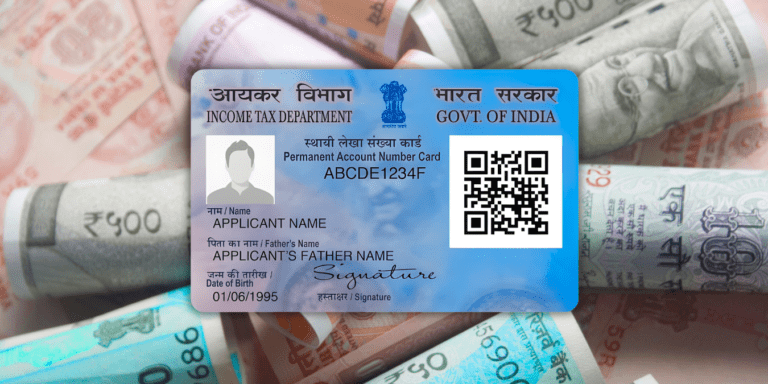
How small Indian shops can escape GST registration in 2025! With ₹40 lakh thresholds for goods and ₹20 lakh for services, plus exemptions for fresh produce and khadi, your business could stay tax-free. But beware: one e-commerce or interstate sale could change everything. Unravel 2025’s GST secrets, from Composition Scheme relief to hidden compliance traps. Could a single decision save your shop from tax hassles?
In 2025, India’s Goods and Services Tax (GST) framework continues to balance the ambition of seamless tax compliance with protection for small traders through well-defined exceptions and thresholds. For a small shop owner, understanding these nuances is essential to avoid unnecessary GST registration while complying fully when it becomes mandatory. This blog unpacks the rules, recent data, and hidden facets of GST registration exemptions to spark curiosity, empower decisions, and illuminate the path of prudent business management.
GST Registration Thresholds: The Gateway to Compliance
The core measure shielding small shops from automatic GST registration is the aggregate turnover threshold, the total business value across taxable supplies during a financial year. Staying below this numeric boundary means no mandatory registration is required under Indian GST law, provided certain conditions hold.
- For shops dealing in goods (the largest group), if your total annual turnover is below ₹40 lakh in normal category states (all major states excluding special category) you are exempt from mandatory registration.
- For special category states including northeastern states, Jammu & Kashmir, Uttarakhand, the threshold lowers substantially to ₹20 lakh for goods suppliers.
- Service providers have even lower limits: ₹20 lakh in normal states and ₹10 lakh in special states trigger mandatory registration.
These threshold limits have their origins in the GST Council decisions from 2019, designed explicitly to ease the compliance burden on small and micro enterprises—an adjustment still fully operative in 2025. The thresholds apply cumulatively to all your business locations and activities.
Aggregate Turnover Calculation for Multiple Shop Branches
Aggregate turnover for multiple shop branches is calculated on a PAN (Permanent Account Number) level, meaning that the total turnover from all branches or units carrying the same PAN must be combined to determine if GST registration thresholds are crossed.
This calculation includes the sum of the following from all branches across India:
- Taxable supplies (goods and services liable for GST)
- Exempt supplies (goods or services exempt from GST)
- Export supplies (zero-rated supplies)
- Inter-state supplies (including stock transfers between branches in different states)
Important points:
- The turnover calculation excludes GST taxes (CGST, SGST, IGST, UTGST, and cess) and inward supplies on which tax is payable under the reverse charge mechanism.
- It also excludes supplies not covered under GST, such as alcohol for human consumption or petroleum products.
- Even if some shops have turnover below the threshold individually, the combined turnover from all branches is used to decide GST registration.
For example, if a shop has branches in Maharashtra and Delhi, the turnover of taxable and exempt supplies, exports, and inter-state transfers from both locations are added (excluding GST) to arrive at the aggregate turnover.
If the total aggregate turnover exceeds the applicable threshold (₹40 lakh in normal states, ₹20 lakh in special category states for goods suppliers), GST registration is mandatory.Thus, all business branches under a single PAN need to consolidate their sales figures to determine if GST registration is required.
This comprehensive aggregation prevents splitting sales artificially across branches to avoid GST compliance and ensures that all business activities under one PAN are fairly assessed for tax obligations
Exceptions That Could Shield Your Shop
- Turnover Below Threshold
If your annual turnover for goods sales remains within the specified limits, GST registration is not mandatory. This relief offers small shopkeepers a legal breathing space and simpler bookkeeping requirements.
- Supply Exclusively of Non-Taxable or Exempt Goods
Certain goods and services are fully exempt from GST. Examples critical for many small shops are:
- Fresh unprocessed food grains (wheat, rice, pulses).
- Fresh fruits, vegetables, and dairy products like milk and buttermilk.
- Agricultural inputs such as seeds and spices.
- Some raw materials (raw silk, khadi fabrics).
This exemption means shops exclusively selling such items may escape GST registration even if their turnover rises above threshold levels, because they don’t supply taxable goods. However, combined supply with taxable goods might negate this benefit.
- Intra-State Supplies Only
The general turnover thresholds apply principally to intra-state (within the same state) sales of goods. Shops confined to strictly local trade within one state, with no interstate or e-commerce transactions, enjoy the threshold protection.
- No Sales via E-Commerce Platforms
Selling goods or services through e-commerce operators such as Amazon or Flipkart obligates GST registration regardless of turnover. If your shop avoids online marketplaces and purely relies on physical sales, this exemption remains potent.
- Interstate Supplies
Any goods or services supplied across state borders demand GST registration regardless of turnover.
Axis Bank Delite: Powering India’s Small Businesses with Zero Balance Banking
Tata Steel Share Price: Indian Investor’s 2026 Roadmap
The Finance Act 2025 GST Pre-Deposit Rule: What The Changes Mean For Your GST Penalty Appeals
HDFC Marriott Bonvoy Credit Card: Free Nights, Lounge Access, and More!
Composition Scheme: A Tax Relief Zone for Small Traders
Even if your turnover breaches the threshold, India provides an inviting option: the GST Composition Scheme. This scheme simplifies tax payment and reduces compliance overhead:
- Eligibility extends to shops with annual turnover up to ₹1.5 crore in normal states, but the limit lowers to ₹75 lakh in special category states.
- Composition scheme taxpayers pay tax at a fixed lower rate (typically 1% for traders) against the regular GST rates.
- Filing returns is quarterly and less complex.
- The scheme excludes interstate sales, e-commerce sales, and some notified goods.
Opting for this scheme can protect your shop from the administrative burden of full GST registration while remaining compliant.
Specific Goods Fully Exempt from GST Registration in India in 2025
Voluntary GST Registration: Strategic Advantages
Some shops with turnover below the threshold opt for GST registration voluntarily for benefits like input tax credit claims or building credibility with suppliers and customers. This strategy can be valuable but entails regular GST filing obligations.
Key Notes and Compliance Traps to Avoid
- If your turnover exceeds the threshold mid-year, registration must be completed within 30 days from crossing the limit.
- Maintain meticulous records separating personal and business transactions, crucial for GST audits and especially if you use digital payment modes like UPI, which face heightened scrutiny.
- Remember, export sales require registration regardless of turnover.
Summary Table
| Criteria | Threshold / Condition | Applicability |
| Goods suppliers - normal states | ₹40 lakh aggregate turnover | No registration if below |
| Goods suppliers - special states | ₹20 lakh aggregate turnover | No registration if below |
| Service providers - normal states | ₹20 lakh aggregate turnover | No registration if below |
| Service providers - special states | ₹10 lakh aggregate turnover | No registration if below |
| Sales through e-commerce platforms | No threshold - registration mandatory | Registration mandatory regardless |
| Interstate supplies | No threshold - registration mandatory | Registration mandatory regardless |
| Supply of exempt or non-taxable goods | May be exempt from registration | Depends on product/service type |
| Composition scheme | Turnover up to ₹1.5 crore (₹75 lakh in some states) | Optional simplified registration |
E-commerce Sales Mandatory GST Registration for Shop
E-commerce sales trigger mandatory GST registration for a shop in India in 2025 because there is no turnover threshold exemption for supplies made through e-commerce platforms. Even if a shop's annual turnover is below ₹40 lakh (₹20 lakh in special category states), if it sells goods or services via e-commerce marketplaces like Amazon, Flipkart, or other online operators, GST registration is compulsory.
Key reasons and rules:
- E-commerce operators and suppliers selling through these platforms must register for GST regardless of turnover.
- In addition to registration, e-commerce sellers must comply with tax collection rules, including the mandatory Tax Collected at Source (TCS) at 1% by the e-commerce operator on each transaction.
- The goal is to ensure tax compliance transparency and accountability given the vast reach and volume of online sales.
- GST registration enables input tax credit claims and legal recognition necessary for business operations on these digital platforms.
- Sellers not registered for GST cannot legally sell on major e-commerce marketplaces.
- Businesses selling exclusively offline, staying below the threshold, can avoid GST registration, but online sellers have no such exemption.
- GST registration for e-commerce sellers is necessary before they start sales through these platforms.
Thus, if the shop chooses or needs to sell through any e-commerce channel, obtaining GST registration is mandatory irrespective of sales volume, marking a distinct rule to broaden compliance and tax collection in the digital economy.
Composition Scheme Avoid Full GST Registration
Opting for the GST Composition Scheme in 2025 can significantly reduce the compliance burden compared to full GST registration, but it does not entirely avoid GST registration itself.
Key points about the Composition Scheme:
- It is designed for small taxpayers with turnover up to ₹1.5 crore in normal states (₹75 lakh in special category states).
- Under this scheme, taxpayers pay GST at a fixed lower rate (e.g., 1% for traders) on turnover instead of regular rates.
- Filing GST returns is simpler and quarterly instead of monthly.
- Composition taxpayers cannot claim input tax credit.
- Businesses registered under the scheme cannot make interstate supplies or sell through e-commerce platforms.
- If a shop opts for the Composition Scheme, it must register for GST but enjoys relaxed compliance and simplified tax payment.
- It reduces administrative hassle but does not exempt from registration.
Therefore, while the Composition Scheme lowers the tax and paperwork load, it still requires GST registration and adherence to scheme-specific rules. For small shops seeking ease but within GST norms, the Composition Scheme is an effective middle path.
If the shop's turnover is below threshold limits and no interstate or e-commerce sales occur, it can avoid GST registration altogether instead of opting for the Composition Scheme.
The Final Thought
For small shop owners in India, GST registration need not always be a dreaded tax trap. By leveraging the clear-cut turnover thresholds, understanding product exemptions, and knowing about relaxed schemes like composition, traders can legally shield their businesses from the complexity of mandatory registration. The fiscal landscape in 2025 is designed to protect and empower, not to burden.
One captivating thought remains: could a smart registration choice or timely turnover assessment be the silent growth catalyst that propels your shop beyond compliance into thriving? Navigating GST with insight is not just protection; it is an investment in business longevity and peace of mind.
For those wishing to probe their eligibility deeper or curious about optimizing voluntary registration benefits, tailored guidance can unlock hidden advantages that transform compliance from a chore into a stepping stone.
This path of prudent GST understanding is the secret weapon for Indian shopkeepers to thrive in an evolving tax ecosystem, ensuring business vitality without unwarranted hassles.

































